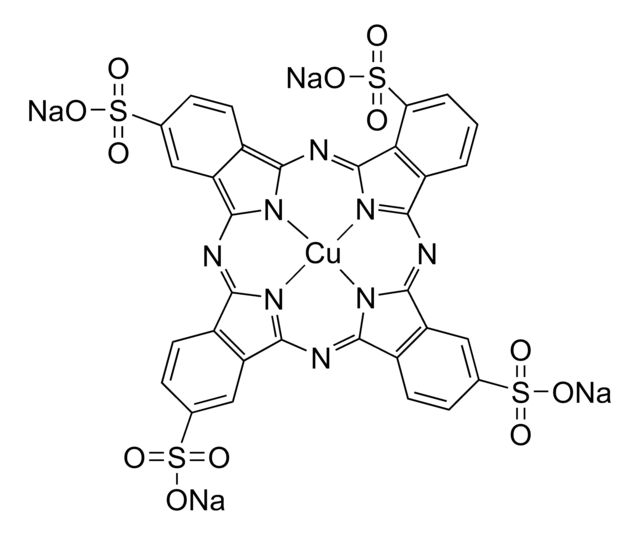262889
Tantalum
foil, thickness 1.0 mm, ≥99.9% trace metals basis
Synonyme(s) :
Ta
About This Item
Produits recommandés
Pression de vapeur
<0.01 mmHg ( 537.2 °C)
Niveau de qualité
Essai
≥99.9% trace metals basis
Forme
foil
Température d'inflammation spontanée
572 °F
Résistivité
13.5 μΩ-cm, 20°C
Épaisseur
1.0 mm
pb
5425 °C (lit.)
Pf
2996 °C (lit.)
Densité
16.69 g/cm3 (lit.)
Chaîne SMILES
[Ta]
InChI
1S/Ta
Clé InChI
GUVRBAGPIYLISA-UHFFFAOYSA-N
Catégories apparentées
Quantité
Code de la classe de stockage
11 - Combustible Solids
Classe de danger pour l'eau (WGK)
nwg
Point d'éclair (°F)
Not applicable
Point d'éclair (°C)
Not applicable
Équipement de protection individuelle
Eyeshields, Gloves, type N95 (US)
Faites votre choix parmi les versions les plus récentes :
Déjà en possession de ce produit ?
Retrouvez la documentation relative aux produits que vous avez récemment achetés dans la Bibliothèque de documents.
Articles
Biomedical implants are essentially foreign substances within the human body that must survive many years’ exposure to demanding mechanical and physiological conditions. Despite these challenges, metal implants have been widely used to substitute for or rebuild hard tissues such as bones and teeth.
Notre équipe de scientifiques dispose d'une expérience dans tous les secteurs de la recherche, notamment en sciences de la vie, science des matériaux, synthèse chimique, chromatographie, analyse et dans de nombreux autres domaines..
Contacter notre Service technique

